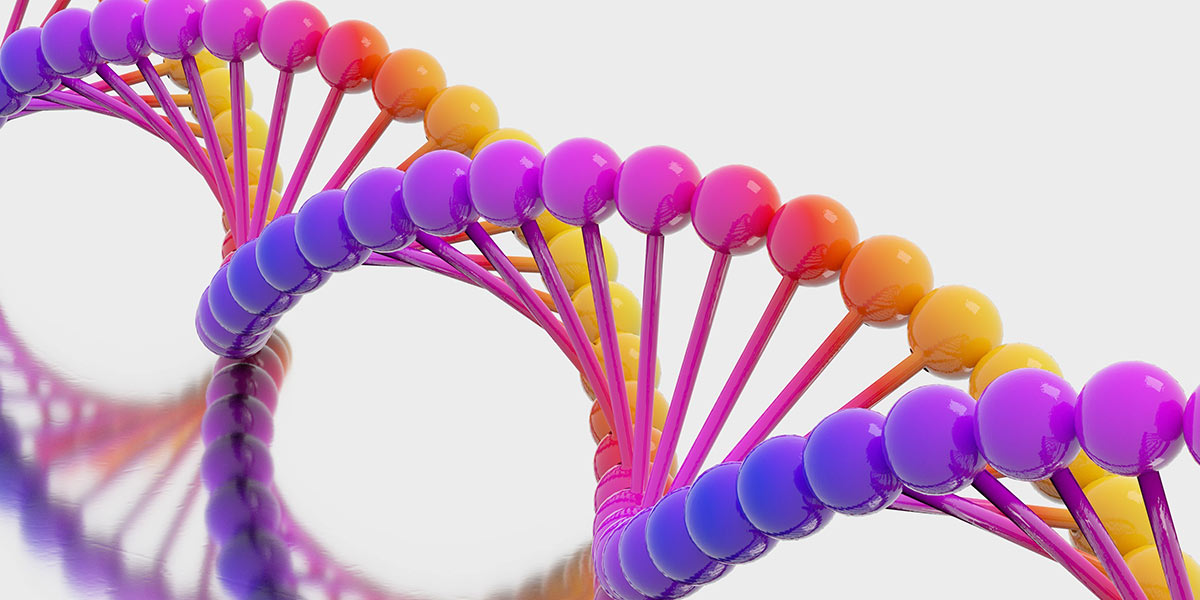Study links bisexual behaviour in men to risk-taking and more children

American researchers have found that men who engage in bisexual behaviours share the same genetic markers that are also linked to risk-taking behaviour and fathering more children.
Published in the journal Science Advances, the University of Michigan-led study explored the persistence of genetic variants associated with bisexual behaviour (BSB), known as BSB-associated alleles, in the human genome.
The researchers delved into data from over 450,000 participants of European ancestry in the UK Biobank database. The participants answered a questionnaire that included a query on risk-taking behaviour.
The analysis revealed that heterosexual men carrying BSB-associated alleles fathered more children than average. Additionally, men describing themselves as risk-takers exhibited a higher likelihood of carrying these alleles, suggesting a correlation between risk-taking behaviour and increased reproductive success.
“Our results suggest that male BSB-associated alleles are likely reproductively advantageous, which may explain their past persistence and predict their future maintenance,” said University of Michigan evolutionary biologist Jianzhi Zhang, the study’s senior author.
The researchers noted that the proportion of UK Biobank participants reporting same-sex sexual behavior has been on the rise in recent decades, likely due to growing societal openness toward it.
Bisexual behaviour not the same as bisexual identity
Some have questioned the ethical nature of studies like this that could be used to stigmatise or discriminate against LGBTIQ people. The authors for example speculate, perhaps dangerously, that risk-taking behaviour could include unprotected sex and promiscuity, which could result in more children.
It is important to note, however, that the participants in the study were not asked to state their sexual identity or orientation, only if they had sex with a man in their lifetime. Same-sex sexual behaviour by heterosexual-identifying men is not the same as a bisexual identity.
The authors also argued that their study looks at the genetic underpinnings of same-sex sexual behaviour and not the behaviours themselves, which are affected by both genetic and environmental factors.
In addition, they said that their results aim to “contribute to the diversity, richness, and better understanding of human sexuality. They are not, in any way, intended to suggest or endorse discrimination on the basis of sexual behaviour,” they wrote.
Leave a Reply